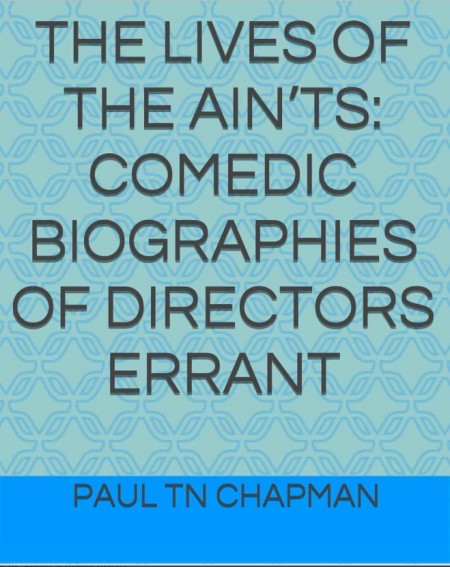None of us is perfect. By way of being human, we are angelic and demonic, wise and foolish, in control and helpless, hopefully not in equal measure. Some people have very positive attributes, and others severe deficiencies—kindness and consideration simply aren’t part of their personality. Some of the kindest and most considerate people I have known are in prison for murder; some of the vilest and cruellest are in positions of public or personal trust. Generosity can be a gift, or a millstone around your neck—this has happened often. Knowing this is helpful and healing. You cannot expect a loving kiss from a scorpion, and you will not be disappointed or hurt that you don’t receive one.
Probably one of the most difficult things to do in life is to forgive. When you suggest someone forgive another person, or forgive him/herself, a frequent reaction is discomfort. Perhaps it is because forgiveness is equated with weakness, the soppy sort of thing best left to mothers and priests. Certainly, popular films, television programmes, and fiction stories glorify vendetta and crippling revenge. ‘An unjust action must be punished!’ is the widespread view. To my knowledge, no one has ever made a popular film about forgiveness, perhaps because there are no murders, dismemberments, or cleverly cutting ways of saying, ‘I forgive you.’ We seem to like watching people being hurt.
Many religions, philosophies, and psychotherapy modalities stress the important of forgiveness, yet it still seems rather distasteful. I suspect that one reason is that our understanding of it may be backwards. How can we forgive those who have hurt us or wronged us, we ask, when to do so lets them off the hook? Why should they be forgiven?
Well, that’s the backwards part. If I steal your purse, and you forgive me, I’m still a thief. If I strike you a blow and you forgive me, I’m still a brute, and the place where I hit you still throbs. Regardless of your forgiveness, I will have to answer to someone—God, the police, your friends—even my friends. Perhaps even myself.
The act of forgiveness is a conscious decision to let go of all that emotion. Don’t forgive someone so that s/he will feel better, do it for yourself. The Buddha is quoted as having said, ‘Holding on to anger is like grasping a hot coal with the intent of throwing it at someone else; you are the one who gets burned.’ He is also supposed to have said (this quote has been attributed to other people as well) that holding on to anger is like drinking poison and waiting for the other person to die.
When the temptation arises to revisit old hurts, if you have made up your mind to forgive, you can say, ‘I have already let this go.’ The hurt feelings you have retained have become your responsibility, and you’re under no obligation to keep them alive. I recall a conversation I had with someone who made some very caustic remarks about my disability. Rather than fight, I left. I bumped into her on the street a week later, and she apologized for her remarks. She seemed genuinely repentant, but I was still angry, and didn’t respond. As she walked away, I realized I now bore the burden of responsibility for my anger. It was a valuable lesson.
Forgiving yourself is perhaps the hardest type of forgiveness to give. The bad decision we made some years ago still affects us, but it IS in the past. What else is there to do? Accept it and forgive yourself for not being perfect. Understand it, plumb your psyche for motives, learn from it, and move on. Why subject yourself to a lifetime of punishment (we are most often harshest with ourselves in this regard)?
Some people have found it valuable to ritualize forgiveness. Write down your grievance and all your hurt feelings. Pour yourself into this document, all your pain, your tears and all your resentment. Then burn it. It now belongs to the aether, not to you. You are free.
It should be understood that forgiving doesn’t mean being foolish. If you slap me every time you visit my home, I can forgive you, but I’m damned if I’m going to keep inviting you!
—————————————–
If you enjoyed reading this, please take a look at my eBooks on Amazon.com:
Behind These Red Doors: Stories a Cathedral Could Tell : http://amzn.to/1iGMFUp
Lives of the Ain’ts: Comedic Biographies of Directors Errant: http://amzn.to/1nPvqoc
The Inn of Souls: http://amzn.to/1lD7xjJ
You can also see a reading of excerpts of each book by clicking on the links below:
Behind These Red Doors: Stories a Cathedral could Tell: http://bit.ly/1CwIqIN
Lives of the Ain’ts: Comedic Biographies of Directors Errant: http://bit.ly/1t8cF5X
The Inn of Souls: http://bit.ly/1x7ZzE4




